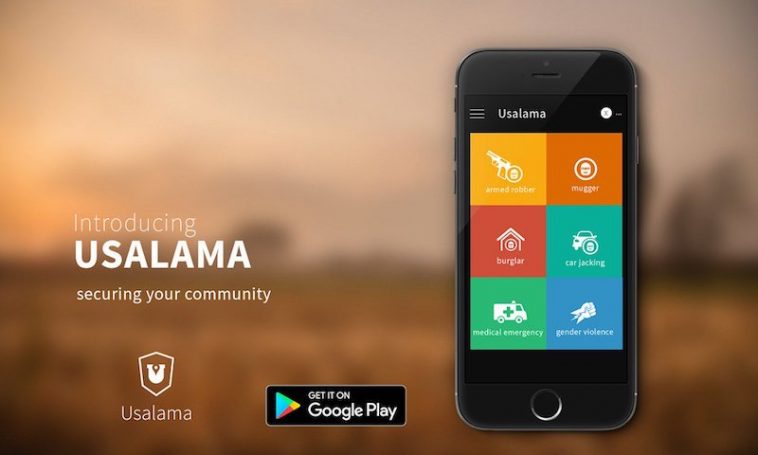The Kenyan emergency line 911 system is less functional. The current ways of getting emergencies are ineffective, slow and cumbersome. Furthermore, the emergency service providers are not well linked to the distress people. This leads to the slow response, worsened injuries and might lead to death. According to Kenya’s Independent Police Oversight Authority in 2014, around 75,000 major assaults occur every year, but only 20% report to the authorities.
Usalama is a Kenyan based startup that was founded in 2012 at Strathmore University in Nairobi. The idea of establishing the startup came after the founder was attacked by four unknown men. He had to fall into their demand as he had no any other option for help. The startup works by linking the users to emergency services providers through a mobile app. This works out by offering access to real-time data on an online response center. Moreover, it has three interlinked basics. It has an end user mobile app that is linked to the online response center for mobile providers. The app is then linked to the agent app used by their field agents on the ground.
Users are only required to reduce the volume by long pressing it in case they are in distress. They can also shake their phones to open the app when in distress. The distress notification has the user’s real GPS coordinates, phone number, and name. Moreover, the distress call goes to the user’s next of kin. It also goes to the online response center of the emergency provider. Thereafter, the service provider directs it to their agent app. Afterward, the recipient agent goes on and responds to the call.
The platform now focuses on four types of emergencies. This includes roadside rescue, gender-based violence, security emergency and medical emergency. The startup sources for an emergency service provider that gives services in a different sector and brings them on board.
Usalama came in to solve the problem and the first version of the app was launched in August 2017. The platform funds its own activities and it charges a monthly fee for using the platform. Furthermore, the company has won many awards and currently, it has 4,000 active downloads.
The emergency problems are all over Africa. Kenya has 2,000 emergency service providers. The country also has 67% smartphone penetration.



